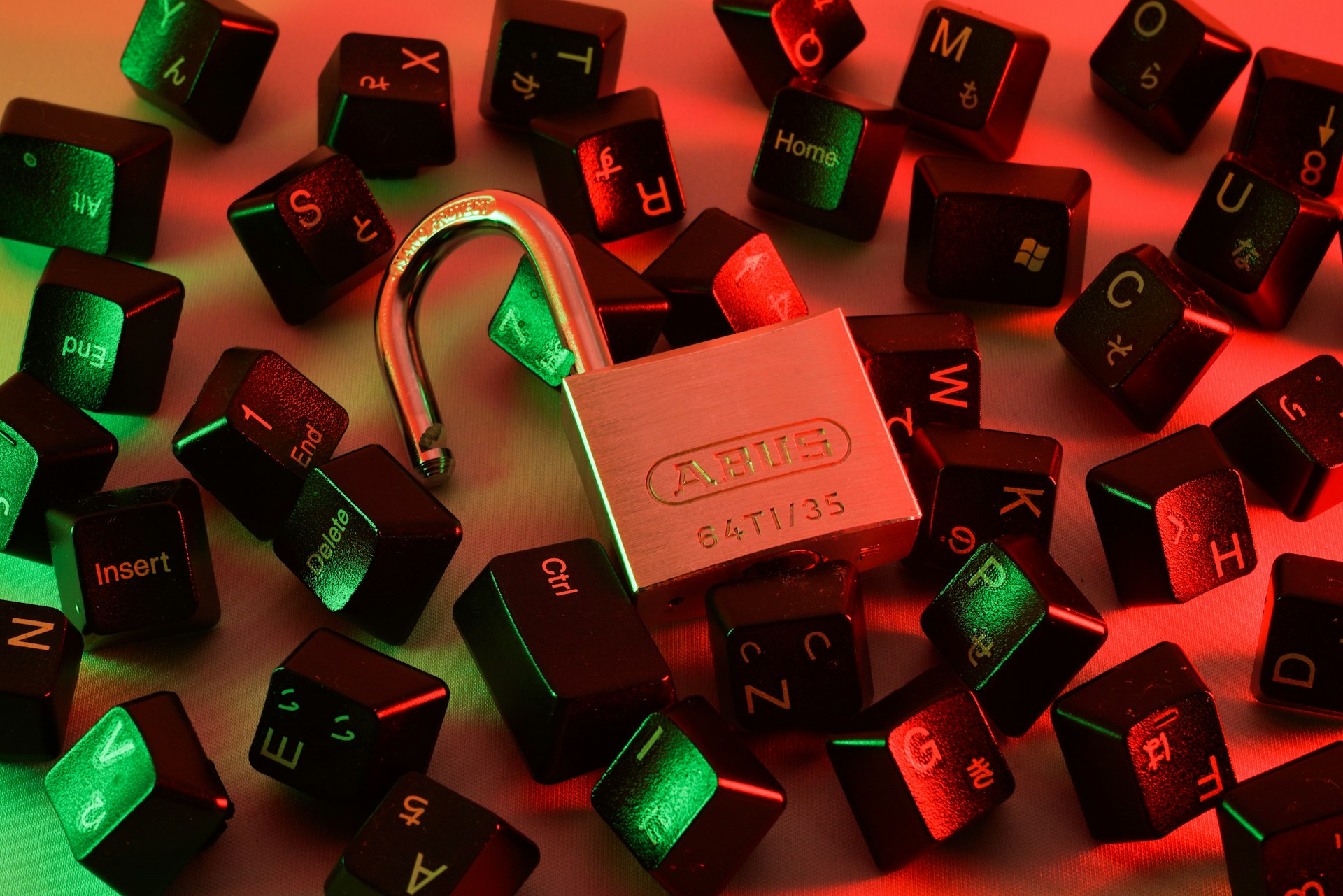How Hybrid Board and Digital Games Are Transforming Play

Photo by Denise Jans on Unsplash
Introduction: The New Era of Hybrid Play
Entertainment is evolving rapidly, and nowhere is this more evident than in the rise of hybrid board and digital games . By combining the tactile, social experience of board games with the dynamic features of digital technology, hybrid games offer new dimensions of engagement, creativity, and replay value. This article explores the driving forces behind this trend, provides real-world examples, and offers comprehensive guidance for players and creators seeking to access or build hybrid gaming experiences.

Photo by ibmoon Kim on Unsplash
Understanding Hybrid Games: Definitions and Core Concepts
Hybrid games are best understood as experiences that blend physical and digital elements within a single game structure. This can mean a traditional board game enhanced by a mobile app, a tabletop roleplaying session supported by virtual tools, or games that use wearables or smart devices to add new layers of interaction and feedback. [1] The concept also extends to games that use physical space and digital overlays, such as augmented reality board games. [2] The key is the intentional fusion of analog and digital domains, producing experiences that are more than the sum of their parts. [3]
The Appeal and Benefits of Hybrid Board and Digital Games
Hybrid games deliver a host of unique benefits:
- Enhanced Immersion : Digital elements can provide atmospheric soundtracks, animated visuals, or interactive storylines that deepen engagement.
- Streamlined Play : Apps can automate complex rules, track scores, or randomize scenarios, reducing setup time and errors. [4]
- Replayability : Procedural content in digital components can create endless variations, ensuring each session is unique. [2]
- Social Connectivity : Many hybrid games support remote play, enabling friends and family to connect across distances while still sharing a tactile experience.
- Personalization : Integration with wearable devices or apps can tailor gameplay to a user’s preferences or even physical activity. [3]
These benefits make hybrid games attractive both for traditional board game enthusiasts and digital natives seeking new forms of play.
Key Examples and Case Studies
Several innovative games illustrate the hybrid trend:
- Keep Talking and Nobody Explodes : This game requires one player to interact with a digital bomb, while others consult a printed manual to provide defusal instructions. The experience is a blend of digital puzzles and physical communication, demonstrating the synergy possible in hybrid design. [2]
- Hitman Go : While fully digital, this game replicates the look and feel of a board game, illustrating how digital design can evoke analog traditions. [2]
- Momentum and Prosopopeia : These live-action roleplaying games use web-based apps and custom equipment to blend physical performance with digital narrative and feedback. [3]
- Wearable Integration : Some experimental board games use wearable devices to track player movement or physiological signals, integrating real-world activity into game mechanics. [3]
For a broader list, industry reports and academic reviews catalog dozens of hybrid games, with an increasing number released each year. [4]
How to Access Hybrid Board and Digital Games
Accessing hybrid games can be approached in several ways:
- Commercial Games : Many hybrid games are available from established publishers. You can search for “hybrid board games” or “app-assisted tabletop games” on major board game retailers’ official websites or at your local game store.
- Digital Marketplaces : Some digital board games are available through official digital stores such as the Apple App Store, Google Play, or Steam. Searching for the game title along with “digital” or “app” yields best results.
- Roleplaying Enhancements : For tabletop RPGs, digital supplements and apps are often available through official publisher sites or through platforms like Roll20 or Fantasy Grounds, which are established and widely used for virtual tabletop play. To verify current options, visit the official sites of these platforms or search for their names in a search engine.
- Wearable-Enhanced Games : If you are interested in games that integrate wearables, check the product documentation of your device (such as Fitbit or Apple Watch) and search for “wearable board game integrations” to find compatible titles or apps.
- Custom and Experimental Games : Academic and independent designers often publish hybrid game prototypes on their official university sites or through conference proceedings. To access these, search for “hybrid board game prototypes” and filter results by university or conference affiliations for reliability.
If you seek a specific hybrid game or platform, using the official product name and the phrase “official site” in your search will help you avoid unofficial or unverified sources.
Implementing Hybrid Elements: Steps and Considerations
For players and creators interested in adopting or designing hybrid games, consider these steps:
- Define Your Experience Goals : Decide whether you want to augment a classic board game, design a new game, or digitize an existing one. Clarify if your focus is on social interaction, complexity management, or immersive storytelling. [4]
- Choose Your Tools : Select appropriate digital platforms or devices. For simple enhancements, a smartphone or tablet app may suffice. For deeper integration, consider wearables or smart home devices.
- Prototype and Playtest : Develop a basic version blending analog and digital components. Solicit feedback from players and iterate to ensure a seamless, intuitive experience. Academic literature recommends rapid prototyping and player-centered design as best practices. [4]
- Address Accessibility and Usability : Ensure that digital components do not create barriers for less tech-savvy players. Include printed instructions, intuitive interfaces, and support resources.
- Stay Informed on Trends : The landscape of hybrid games evolves quickly. Engage with official board game industry news, academic journals, and conferences to keep abreast of new developments.
For those interested in commercializing a hybrid game, additional steps include securing intellectual property rights and exploring distribution partnerships with both digital and physical game retailers.
Potential Challenges and Solutions
The rise of hybrid games is not without challenges:
- Technical Complexity : Integrating digital technology can introduce bugs or compatibility issues. Mitigate this by thorough testing and providing robust customer support.
- Player Resistance : Some traditional board gamers may prefer analog-only experiences. Address this by offering modular gameplay, where digital elements are optional rather than required. [4]
- Longevity and Support : Digital components may become obsolete as technology advances. Favor open platforms or provide long-term updates to ensure ongoing access.
Alternatives include focusing on systems that leverage common devices (like smartphones) rather than custom hardware, or designing games that can fall back to analog play if digital elements are unavailable.
Future Directions and Emerging Opportunities
Hybrid board and digital games continue to evolve, driven by advances in mobile computing, augmented reality, and connectivity. Researchers and designers are exploring new forms of play that integrate physical space, social dynamics, and procedural content. [3] As smart devices become more ubiquitous, expect new genres and experiences to emerge, offering players novel ways to interact with games and each other.
If you are interested in joining this movement, consider reaching out to local game design groups, attending board game conventions, or following academic conferences on hybrid play. Many universities and industry organizations publish proceedings and offer workshops on hybrid game design. To find these, search for “hybrid game design conference” and “board game convention” along with your location of interest.
References
- [1] Tampere University (2018). Understanding Hybrid Games Through Experience.
- [2] hbz NRW (2017). Games as Blends: Understanding Hybrid Games.
- [3] International Conference on the Foundations of Digital Games (2015). A Hybrid Board Game by Using Daily Activity Data of Users as Game Parameters.
- [4] Asmodee Research (2021). The Hybrid Digital Boardgame Model.



